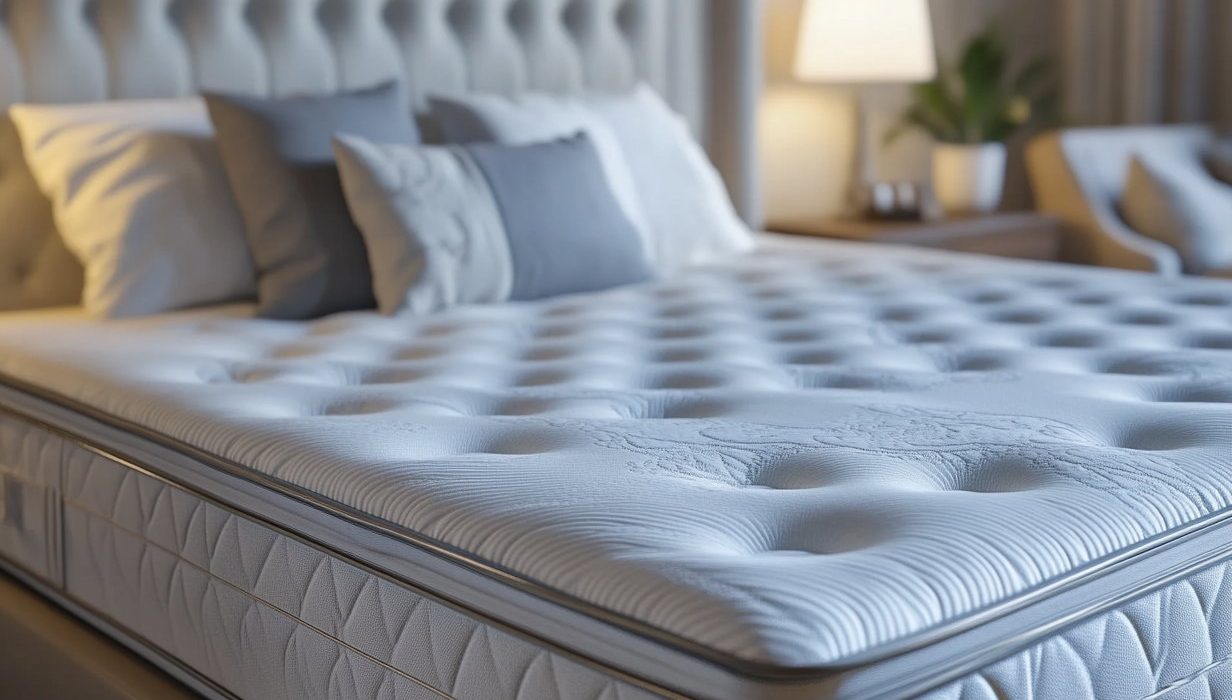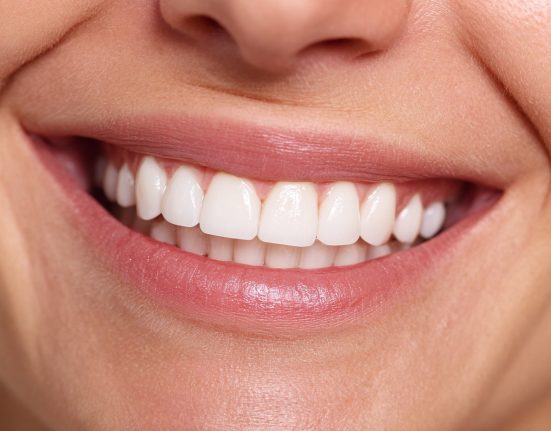The simple solution to keeping your mattress and stain-free
When did you last clean your mattress? Chances are, it wasn’t recently enough. Experts recommend we clean our mattresses every six months, but recent research has discovered that the vast majority of us do it much less frequently – or not at all.
The survey by bed retailer, Bensons for Beds, found that only 11 per cent of Brits clean their mattresses the recommended amount, while 40 per cent of us clean them less regularly. Meanwhile, one in six Brits never clean their mattress and eight per cent only do it when they have a stain.
When you consider that the average adult spends seven hours or more in their bed every night, the buildup of bacteria and dust mites doesn’t bear thinking about. Even if you’re one of the guilty 15 per cent who never clean your mattress, it’s not too late to get started. We asked the experts to share the top tips on what you should – and shouldn’t do – when cleaning your mattress.
Remove debris with a soft brush
“It seems tempting to vacuum dust and fluff from your mattress but the powerful suction of a vacuum cleaner can cause the filling to become dislodged which can lead to bumps and dips. Instead use a soft brush to remove the debris onto the floor, which can then be vacuumed,” the experts at And So To Bed recommend.
Blot stains, don’t scrub
Bicarbonate of soda and chemical solutions are often recommended for removing stains, but these should be avoided if possible.
Instead, immediately blot stains with a clean cloth. This should be dry if your mattress is filled with natural fibres. Other mattresses may be able to withstand warm soapy water on a rung out clean cloth, but always check the manufacturer’s recommendations before cleaning.
Invest in a mattress protector
Prevent your mattress from getting damaged from spillages or stains by investing in a mattress protector. As they are washable, they can easily be removed and cleaned in the washing machine should an accident happen, leaving your mattress damage-free. It also has the benefit of wicking moisture away from your mattress to help it last longer.
Don’t make your bed
You may have grown up being taught to always make your bed as soon as you wake up, but this may actually be damaging your mattress – and be bad for your hygiene.
Martin Gill, MD of And So To Bed, reveals: “If you want to ensure the longevity of your mattress a really good habit to get into is to resist the urge to make the bed when you get up. By making our beds in the morning we are trapping in all our moisture, not allowing it to evaporate, which could lead to issues within the mattress fibres.”
He continued: “Instead pull back the linen and the mattress protector, open the windows and give your mattress some much needed ventilation!”
Don’t forget your bedding and pillows
Once your mattress clean is complete, don’t forget to freshen up your duvet and pillows while you’re at it! Argos recently did some research that discovered that 70 per cent of millenials don’t know how to clean their duvet and are more likely to get rid of it if it smelt bad rather than cleaning it themselves.
Hygiene expert, Luke Rutterford, says: “Whilst treating yourself to a new duvet can seem like the easy option, it is very easy and cost-effective to keep your bedding clean with simple tried and tested hacks.”
Luke also explains that it can be beneficial to open your curtains to expose your bedding to sunlight. “This can minimise microbiological activity as sun rays contains UV radiation – scientifically proven to kill bacteria,” he adds.
The experts at And So to Bed suggest to wash your bed linen every one to two weeks and your mattress protector once a month. “Regularly cleaning these will stop any dirt seeping through the mattress, keeping it cleaner for longer. In the summer, you may have to clean your linen and protector more regularly due to sweat,” they explain.








